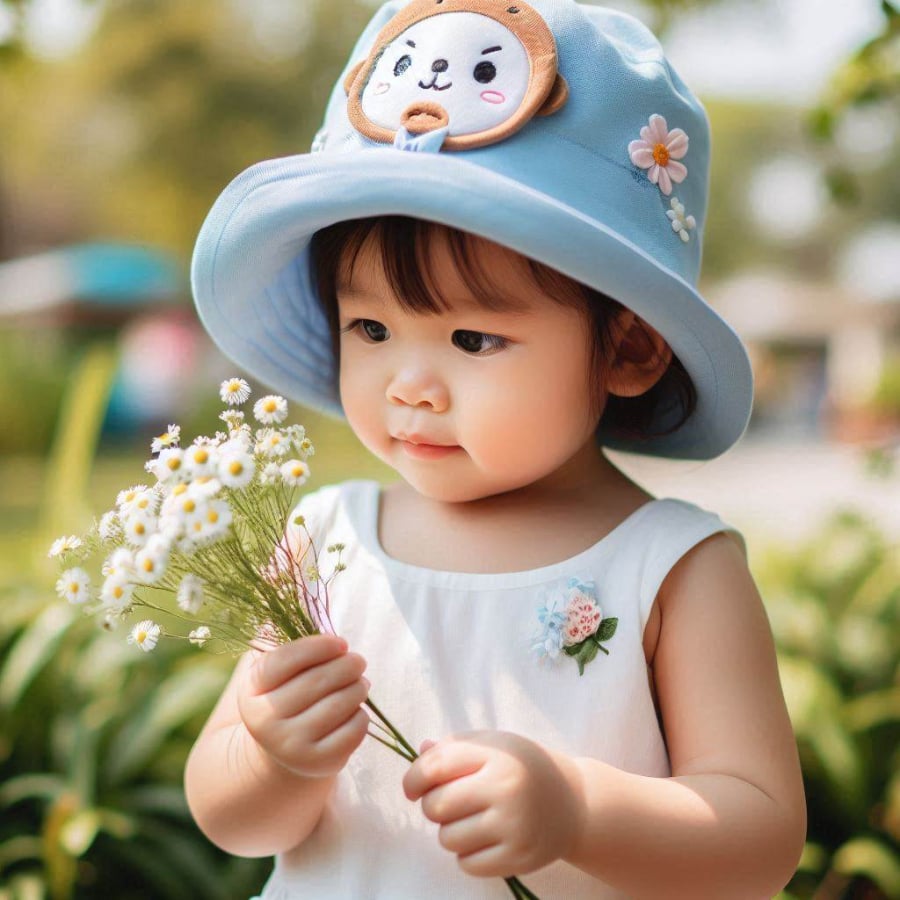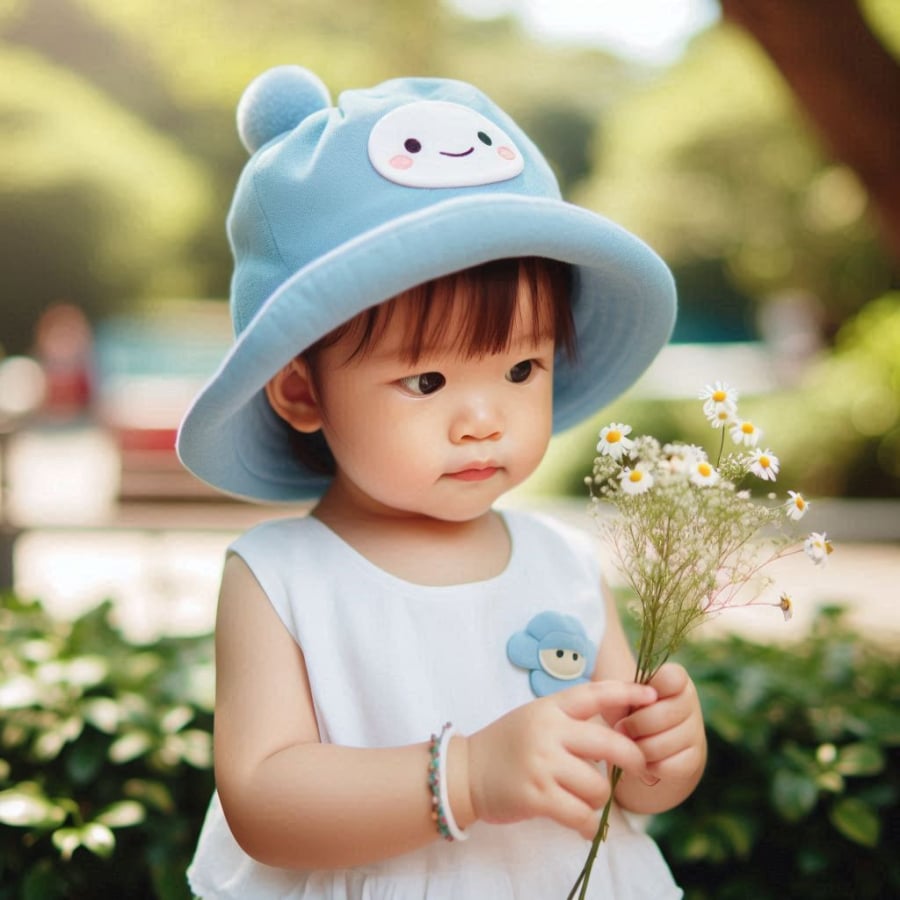Professor Li Mai Can, a leading Chinese expert in Criminal Psychology and Child Psychology, as well as a specialist in educational psychology, once stated: “A child’s emotions are often dependent on their parents’ attitudes.”
As a parent, how you interact with your child when they need support will determine whether they learn to love and understand themselves. It is also crucial to create a sense of security for them.
No matter what happens, remember to stand by your child during these four critical stages:
Facing bullying
Many parents tend to overlook bullying among children as a mere game, not worthy of attention. It is only when their child encounters a problem, or even a tragedy, that they start to regret their inaction, but by then, it is too late.
When your child becomes a victim of bullying, do not add to their hurt! Do not simply listen to others and blame your child. First, listen to your child’s explanation of what happened. If the matter is serious or controversial, you may try to verify it by checking surveillance cameras, looking for witnesses, etc.
Second, show empathy and comfort your child: “I understand that you feel aggrieved and upset about being bullied, don’t you?”. Then, work together to find a solution to the problem.
Finally, children need to learn self-defense after such an incident. If your child encounters bullying at school, they can resist, shout for help, or run away to find an adult. This way, children can be truly protected and feel their parents’ love.

Stand by Your Child When They Are Bullied
When your child makes a mistake
A parent shared: “Once, when we were picking up our child from school, another parent stopped us and accused my child of swearing and hitting their child. Initially, I was shocked and couldn’t believe it. I asked the teacher about it and got a similar answer.
My child bowed their head and nodded, seeming to agree. However, I managed to control my emotions and said to the other parent: ‘I apologize if there was any trouble caused. If my child has done something wrong, I will educate them. But first, I need to talk to my child. If my child is indeed at fault, I will give you a proper response.'”
When they got home, the child cried and said: “Mom, I was the one who hit first, but they swore at me first and gave me a nickname. I couldn’t stand it, so I hit them, but they also hit me back with their school bag. The teacher said that whoever hits first is at fault, and I know I was wrong, Mom.”
I understood then! Later, I clarified the truth with the teacher and the other parent, asking my child to apologize and also requesting that the other child apologize to mine. Afterward, I saw a smile return to my child’s face, and I felt glad that I had handled it that way.”
When a child makes a mistake, taking the opposite side will make them feel “betrayed.” Many children do not want to communicate much with their parents because their emotions and grievances were ignored previously.
If your child is truly at fault, apologize together. If your child is being treated unfairly, do not consider it a small matter! Do not be biased or compromise; stand up to protect them and become their solid supporter.

Apologize Together When Your Child Makes a Mistake
Facing comparisons
“Other people’s children” is perhaps the most terrifying phrase for children, and if you ask them what bothers them the most, “being compared to others” will surely be at the top. Even though they know that comparisons are unfair, many parents still cannot help but compare their children to others, be it in terms of weight, height, or academic performance…
Many parents inadvertently think that comparing will help their child realize their weaknesses and strive to improve. However, a criminal psychology expert pointed out that comparing one’s child to others is not only harmful to the child’s mental health but also creates a psychological “phantom” that haunts them throughout their life.
Comparing others’ strengths to your child’s weaknesses is entirely unfair. As parents, we need to help our children understand that no matter how others evaluate them, they are unique and irreplaceable in our hearts, and we will always love them unconditionally.

Comparing Others’ Strengths to Your Child’s Weaknesses Is Unfair
Coping with teasing
As children grow older, their self-esteem develops. However, in life, there will always be people who enjoy mocking, sarcastic, and teasing others. For example, children may be ridiculed for their appearance, academic performance, or physical disabilities. As parents, how should we react?
We cannot protect our children from everything negative, but we can teach them how to cope. For instance: stopping and speaking up loudly, letting others know that we do not appreciate such behavior, and if unable to resolve it, going home and talking to an adult, etc.
Most importantly, we need to show empathy and help our children move away from the teasing. You can also share your experiences:
“Dear child, when I was little, I was also nicknamed the giant panda. I felt very upset about it and even had conflicts with classmates. But later, I realized that the giant panda is a national treasure, and people love this animal. I knew my classmates didn’t mean any harm, so I chose to forgive them.”
As parents, the most wonderful gift we can give our children is our unconditional love, which will be their pillar and motivation throughout their lives.






































